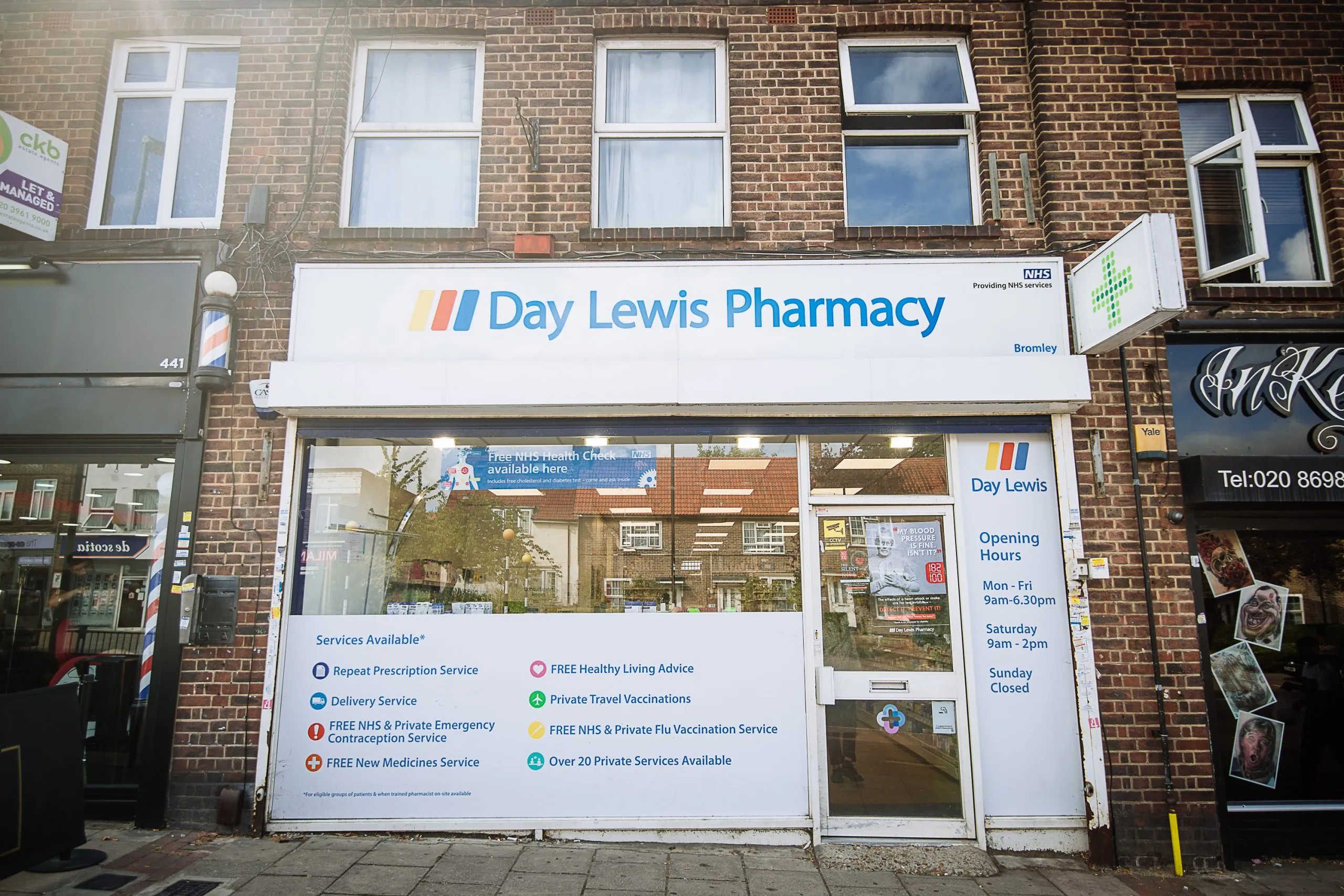Countries At Risk
Polio has been largely wiped out over the last century since the introduction of routine polio vaccination. The disease is still however widespread throughout Central Africa and is also present in Asia, Pakistan, India, Afghanistan and Nigeria.
Travel Precautions
Polio is mainly spread through poor sanitation and hygiene, so it's crucial to maintain good hygiene practices and use proper hand sanitation. Drink only from a sealed water bottle or water that has been boiled. Avoid ice and salads washed with tap water. Only eat fruit that can be peeled, and avoid uncooked foods. Ensure that all food is freshly cooked and served piping hot.
Signs & Symptoms
Polio symptoms usually develop around 20 days after infection and may include fever, headaches, vomiting, and fatigue. In rare instances, the virus can lead to permanent paralysis, affecting the muscles responsible for breathing, which can be life-threatening.
The Vaccination
The childhood vaccination program covers Diphtheria, Tetanus, and Polio. After completing the initial series, travelers should get a booster every 10 years if they plan to visit higher-risk areas. Countries with a higher risk of polio, such as Pakistan, may ask for proof of vaccination if there is an active outbreak during your travel.
Our Bromley Travel Clinics
Conveniently located clinics in Bromley, South London.



